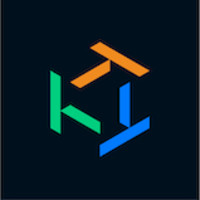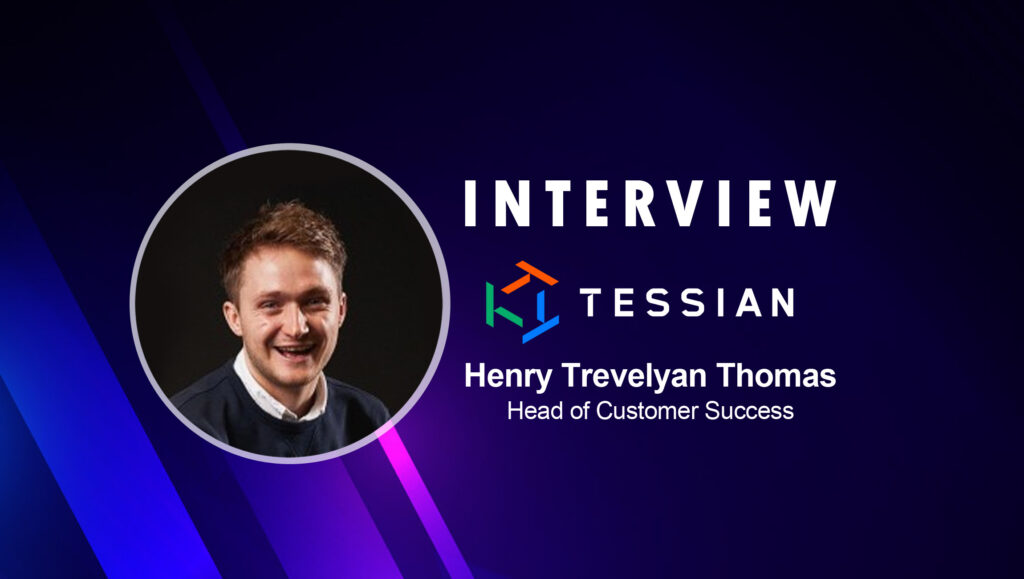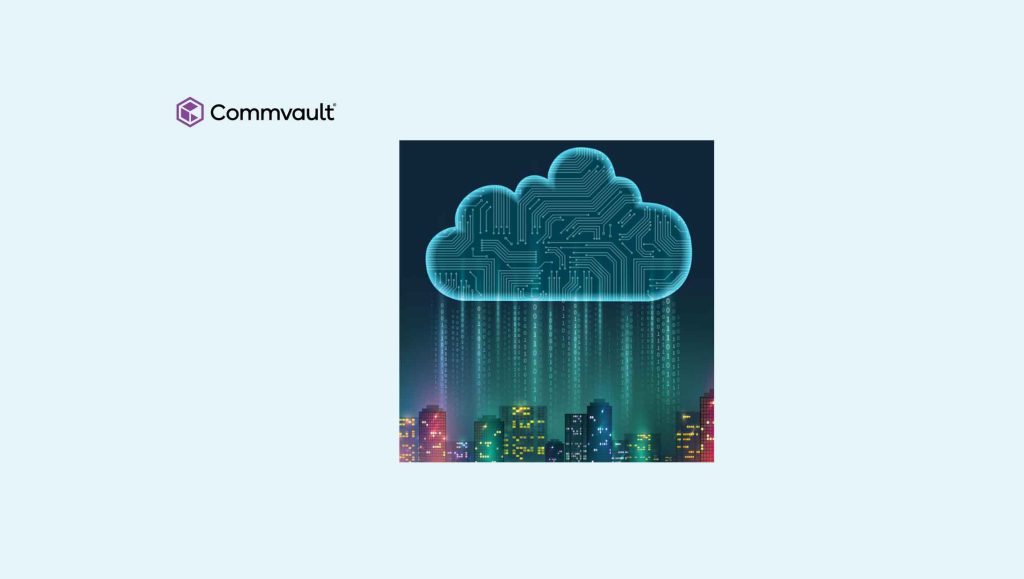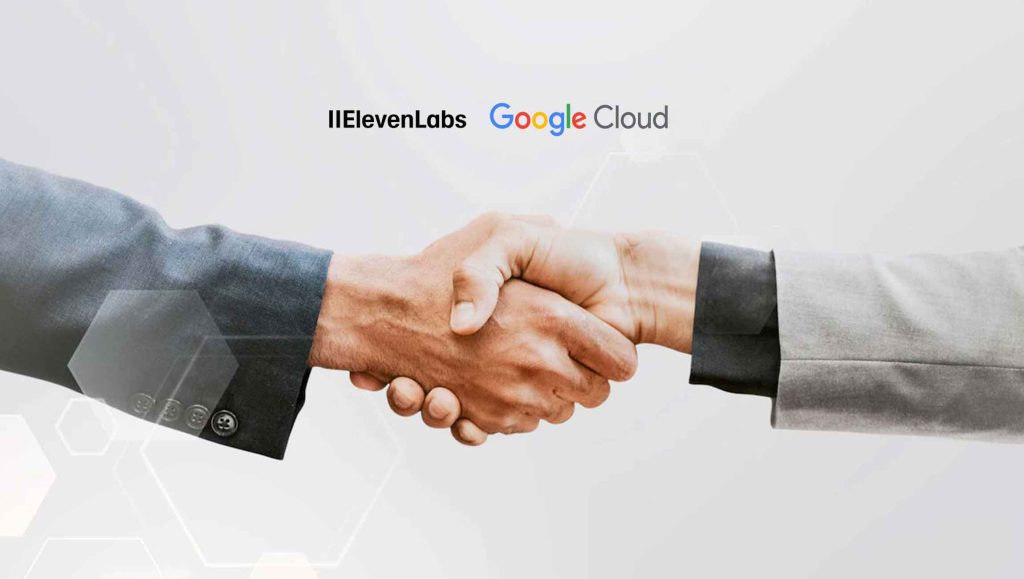While being empathetic during these trying times, it is important to ensure that you over-communicate when talking to clients and prospects! Catch more of these interesting tips on how to navigate customer relationships at a time when a crisis is looming large over businesses and personal lives. _______ I am the Head of Customer Success at Tessian, a human layer security company that automatically employees from threats on email like accidental data loss, data exfiltration and advanced spear phishing attacks. I started my career as an IP/commercial lawyer at international law firm Norton Rose Fulbright, and then joined Tessian to oversee all elements of the customer side of the organization including, working with our global customer base. I’m lucky enough to have seen Tessian grow significantly over the last three and half years, including bringing on customers across the world and across a wide range of industries including law, healthcare, financial services and tech. Taking the time to truly understand and solve your customers’ pain points seems obvious but is not trivial. To do so, you need true cross-functional collaboration between product-minded customer success managers, who can identify key themes and translate the challenges customers are facing, and the product managers who are vested in your customers’ success. Product cannot operate in isolation; by working together, you will drive the best outcomes for everyone. Making customer interactions data-driven is critical to scale. One way to do this is by understanding your customers’ leading indicators of success and invest in building a customer health score. This process will help your teams ask all the right questions, and the output will be more predictable quarters. Be human-first. People have faced a lot of stress and uncertainty in a very short space of time – both in their personal and professional lives – so we need to lead with empathy when speaking with customers and prospects. Being genuinely inquisitive on how you can help customers solve their problem, and being honest about whether you can provide a solution, is a good starting point. Be helpful. People across all industries are looking for advice and guidance on how to keep their business up and running during these times, so share engaging and helpful content that can help them and their employees. For example, we’ve shared insights into the types of phishing threats customers might face as hackers impersonate trusted organizations or government institutions, and we’ve provided advice on how to spot the scams. We’ve also shared tips and guidance on how to tackle employees’ risky remote working behaviors, in order to keep data and systems safe. Customers will remember how you and your company acted during this time, and you want to be remembered for all the right reasons. Read More: SalesTechStar Interview With Tim Foster, Regional Vice President Of Sales At Upland Software It’s important to understand your customers’ worlds, and not just how they’re using your solution or even the pain your company is solving for. By understanding your customers’ broader environment, you can support them in ways they wouldn’t necessarily expect, such as advising them on other technologies they could implement or introducing them to contacts in your network, for example. This goes a long way and encourages customers to mutually invest in the partnership. Make sure you over-communicate in these changing times – continually talking to your customers and favoring conversational interactions, rather than just checking in every quarter to see how things are. Building a customer health score can be a huge enabler with huge operational and strategic benefits. As well as allowing your highly skilled resource – your people – to spend time on the most relevant and impactful activities, it can drive truly cross-functional work such as helping to show the sales team the most successful customers and the product team to spot roadmap opportunities. In the high-touch B2B world, the role of automation often comes in the form of assisted customers touchpoints or self-serve onboarding and support resources. We use Gainsight, which acts as a single source of truth for all our customers and guides our interactions. As well as displaying the health score for each customer – it can help give a snapshot into their platform usage and our activity within the account. This insight is hugely helpful for guiding prioritization for CSMs (in a role where you can always be busy!) and only sending touchpoints to customers at relevant stages of their journey and Tessian experience. On the support side, we use data from our inbound tickets to inform articles in our Help Centre, empowering our customers to solve their own problems with as little friction as possible (and allowing us to cope with the increasing customer numbers you can expect in a high-growth business!). Also Catch, The Latest Episodes of The SalesStar Podcast! As the lockdown starts to lift, it will still be important to lead with empathy. People will be adjusting to thrive in a ‘new normal’ – and it’s going to a very different world to the one we were operating in before as companies face new challenges with keeping employees engaged and secure, juggle new ways of working in hybrid remote working/office environments, and fight to stay relevant. You, therefore, need to appreciate people’s time and focus on the problem you’re solving for your customer. Be honest as to whether you can solve their biggest problems right now. ‘Play Bigger’ is one that has really resonated with me and my colleagues at Tessian – and one I’d really recommend to other start-ups. The authors talk about how it’s no longer enough to just build great products but how the most successful companies must now define and create new categories – and lead them. For our company, we are building the new category in cybersecurity called ‘Human Layer Security’ to solve for the fact that, up until now, people have not been protected in the same way that networks and devices have been. The advice in this book has been invaluable in helping us define our strategy and helped me in understanding how to communicate with customers to help our company succeed. Tessian builds technology to empower people to work safely, without security getting in their way. Tessian’s Human Layer Security platform automatically protects employees on email – where they spend 40% of their time – from risks like data exfiltration, accidental data loss and phishing. The company has raised $60m from security investors like Sequoia and Accel and has offices in San Francisco and London. Henry Trevelyan Thomas is Head of Customer Success at human layer security company Tessian. He oversees the company’s global customer base, spanning across the legal, financial services and technology sectors. Looking for more tips on customer retention, B2B sales and marketing? Catch them here!Can you tell us a little about yourself Henry?
Customer success is a dynamic role that is always evolving – can you share a few best practices that have worked for you in this capacity?
Given the events of the last few weeks and the effects of the ongoing Covid-19 pandemic – in what ways would you suggest sales people add more value in their process and while speaking with prospects / customers?
What would you say are a few traits that are critical to the role of a customer success team? Especially in these changing times when working or interacting with customers while being remote is now becoming more commonplace?
We’d love your thoughts when it comes to best practices on creating the ideal salestech-martech stack? What according to you should teams keep foremost in mind when defining what to automate and where to draw the line? More so when it comes to customer support and customer interactions.
When it comes to marketing operations and automating routine tasks, what are some of the biggest challenges you still see team / B2B teams struggle with – would you be able to share a few ways in which you’ve used new tools and technologies to amplify your customer success initiatives?
When it comes to enhancing revenue generation efforts as economies and business reopen after the Covid-19 lockdowns slowly lift, what top tips would you share?
Any last few thoughts to share before wrapping up (on leadership / a favorite quote / top sales books to read, etc)?






















